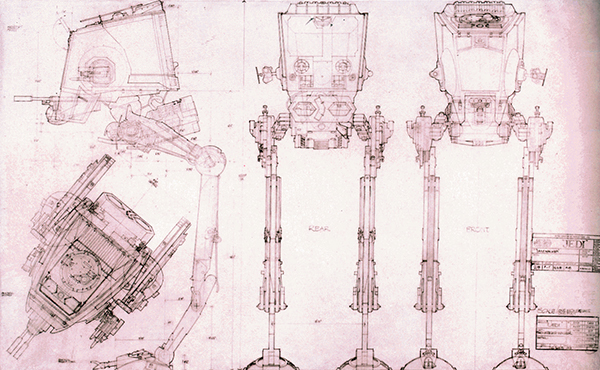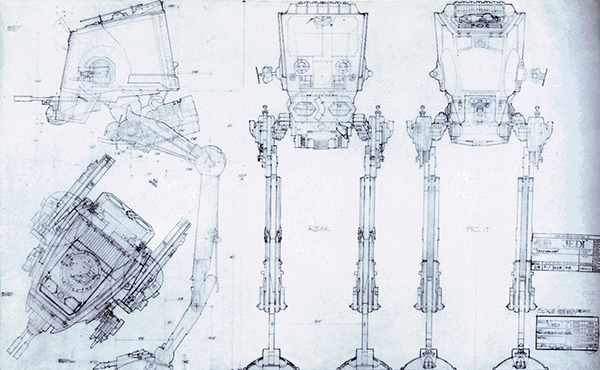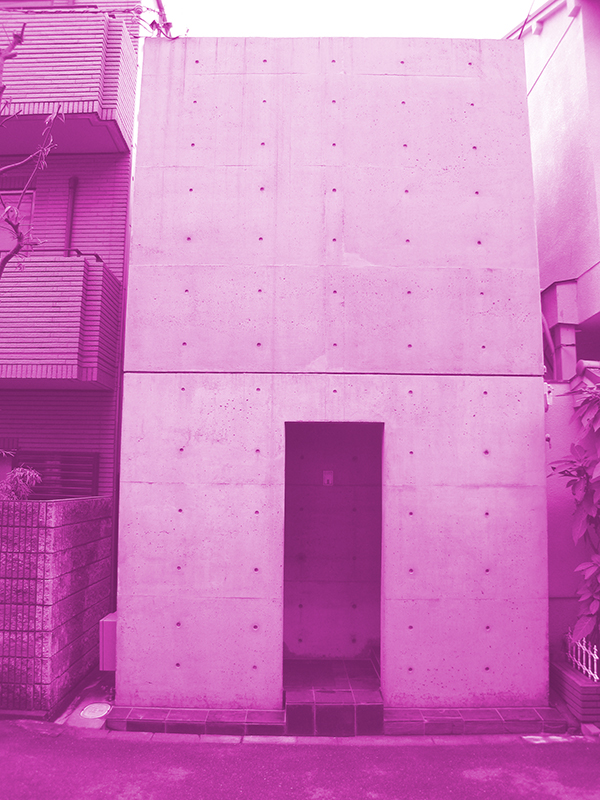CONFESSIONS OF A MASOCHIST ARCHITECT

an article by Rocco Salomone - english translation Sara Benevento
“I am neither a submissive nor a slave. I’m a masochist, which is a very different thing. I am a true masochist. I like to feel pain. And I have a lot of resistance.” This is the character of Thomas in “The other side of sex” by Valérie Tasso, simple and at the same time high-impact words, they are pure lumps, saturated with a deviated and socially reprehensible vision that paradoxically has its origin in life and in our culture that is intensely masochistic by definition. If for a moment we put aside every positivist theory and focus our attention on our society, on its true essence, it would be difficult not to feel a sense of discomfort, a condition that has already been theorized for some time and in non suspected times by so-called “philosophers of the crisis”, thinkers such as Kierkegaard and Schopenhauer that are now back in the limelight. What we have become has ben exemplified in “The hollow men” by TS Eliot. It shows we are anonymous, oppressed by the media, by new forms of communication, by an exasperating technology which is at times hostile, and ultimately make us lose our identity, which, in a context like the present, is made up of interfacing and continuously evolving networks, a real involution, in this condition, we see a substantial human mutation from sentient beings to objects: perhaps the most extreme form of masochism. As an architect I’m perennially haunted by the beauty inherent in the architectural object, I can’t help it, and in line with the postulates mentioned above, I’m strongly attracted to architecture’s vulnerable, intimate, ever-changing self that seeks to meet precise requirements for renewal in a sector that seems to have exhausted its words. I’m forced to admit: I love “deconstruction”. To see each habitual architectural code break up in an effort to recreate new ones, to see the stripping of the structural material and the emergence of new skin, new flesh. I see a disturbed architecture that provides a distorted space in which man seems to find himself after an initial loss. An architecture of alienation which has so far abandoned classical concepts such as harmony to seek out new and certainly submitting users. Help!! What remains of the dear old rational values of formal purity and contextual integration? How can we be saved from the sadistic avant-gardes that subtly penetrate our very essence? Simply by living, much like in “Tokyo Decadence” by Ryu Murakami, whose main character goes through the most extreme sadomasochistic performance without ever getting dirty because in his mind there is only an inaccessible world made of extreme respect and love.
«Non sono né un sottomesso né uno schiavo. Sono un masochista, che è una cosa molto diversa. Un masochista vero. Mi piace provare dolore. Ed ho molta resistenza.» Ecco come si presenta il personaggio di Thomas ne “L’altro lato del sesso” di Valerie Tasso, parole semplici ed al contempo di grande impatto, grumi puri, saturi di una visione deviata e socialmente riprovevole che paradossalmente ha la sua origine nella vita stessa e nella nostra cultura che è intensamente masochista per definizione. Se per un momento accantonassimo ogni teoria positivista e focalizzassimo la nostra attenzione sulla nostra società, sulla sua vera essenza, non sarebbe difficile provare un senso di disagio, una condizione teorizzata già da tempo ed in tempi non sospetti dai cosiddetti “filosofi della crisi”, pensatori del calibro di Kierkegaard o Schopenhauer che oggi ritornano prepotentemente alla ribalta. Quello che siamo diventati ad esempio emerge molto bene ne “Gli uomini vuoti” di T.S. Eliot ovvero anonimi, oppressi dai media, da nuove forme di comunicazione, da una tecnologia esasperante ed a volte ostile; in definitiva abbiamo perso la nostra identità, cosa che, in un contesto come quello attuale, fatto di reti di interfacce in continuo evolversi e fluire, rappresenta una vera involuzione, assistiamo ad una sostanziale mutazione dell’uomo che da soggetto senziente si ritrova ad essere trasformato in oggetto: forse la forma più estrema di masochismo. Da architetto sono perennemente ossessionato dalla bellezza insita nell’oggetto architettonico, non riesco a farne a meno, ed in linea con i postulati sopra citati, sono fortemente attratto da un’architettura vulnerabile, intima, autoreferenziale in continua mutazione che cerca di rispondere ad un’esigenza precisa di rinnovamento in un settore che sembra aver esaurito le sue parole. Sono costretto ad ammetterlo: amo il “decostruttivismo”. Vedere lo smembrarsi di ogni codice architettonico abituale nello sforzo di ricrearne di nuovi, scorgere la scarnificazione strutturale della materia e l’affiorare di nuove pelli, nuova carne. E’ un’architettura disturbata che offre una spazialità distorta in cui l’uomo dopo un iniziale smarrimento sembra ritrovarsi. Architettura dello straniamento quindi che ha decisamente abbandonato concetti classici come quello di armonia per ricercarne di nuovi e di certo sottomettendone i fruitori. Aiuto!! Cosa rimane dei vecchi e cari valori razionali di purezza formale ed integrazione contestuale? Come salvarsi dalle avanguardie sadiche che sottilmente penetrano la nostra essenza stessa? Semplicemente vivendole, un pò come in “Tokio Decadence” di Murakami Ryù la cui protagonista passa attraverso le prestazioni sadomasochistiche più estreme senza mai sporcarsi poiché nella sua mente esiste un mondo inaccessibile a tutti fatto di rispetto ed estremo amore.
Related Posts :
Category: Article
Views: 2137 Likes: 2
Tags: architettura , Arthur Schopenhauer , decostruttivismo , Jiddu Krishnamurti , kierkegaard , Rocco Salomone , sara benevento , Schopenhauer , t.s. eliot , tokio , tokio decadence , Valérie Tasso
Comments:
Info:
Info:
Title: CONFESSIONS OF A MASOCHIST ARCHITECT
Time: 31 maggio 2012
Category: Article
Views: 2137 Likes: 2
Tags: architettura , Arthur Schopenhauer , decostruttivismo , Jiddu Krishnamurti , kierkegaard , Rocco Salomone , sara benevento , Schopenhauer , t.s. eliot , tokio , tokio decadence , Valérie Tasso






